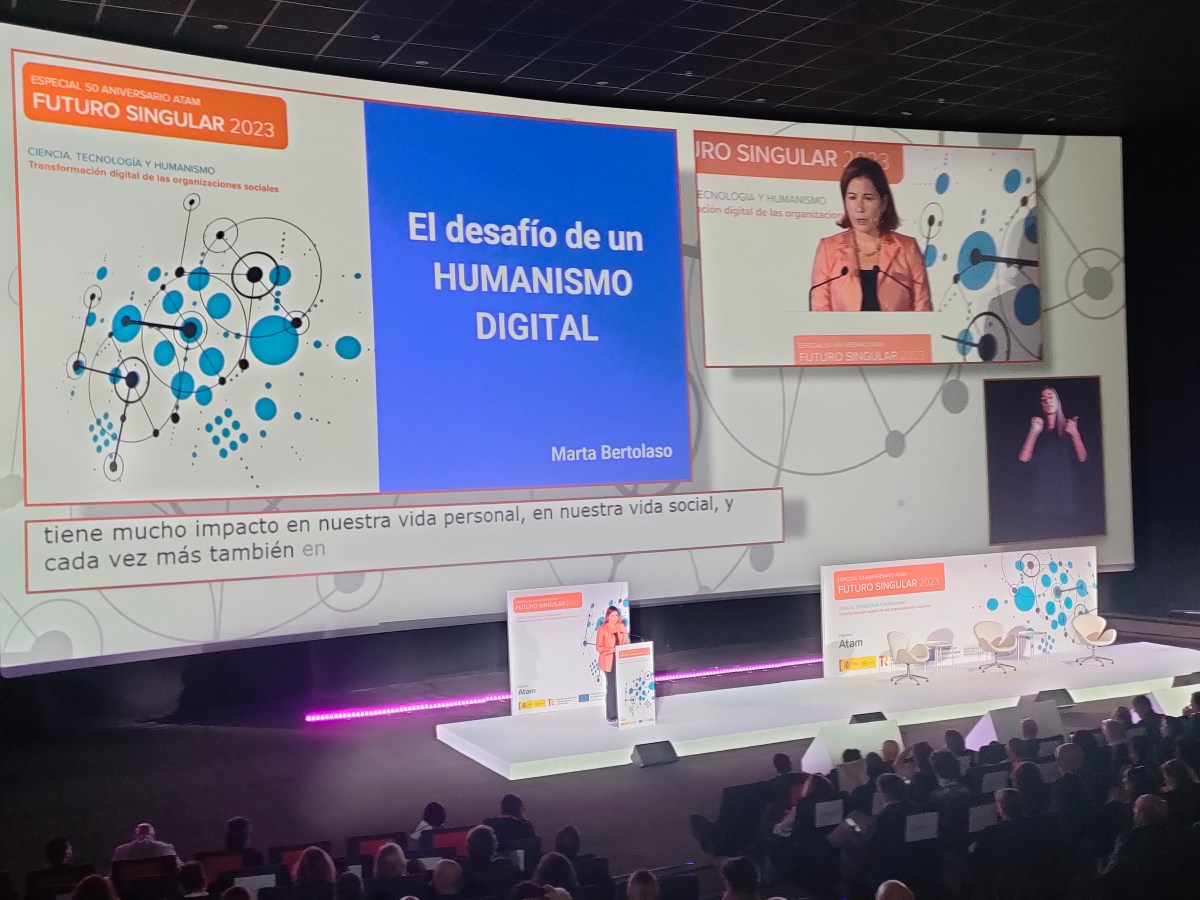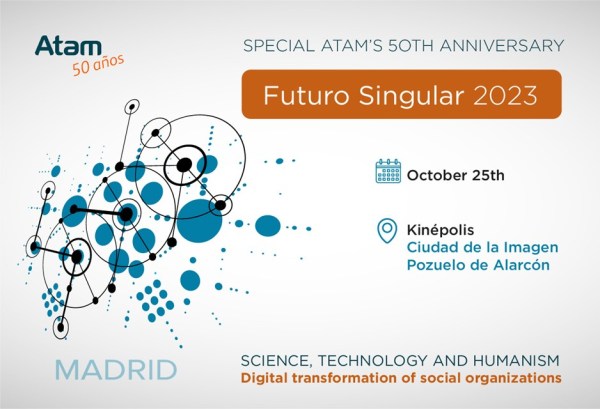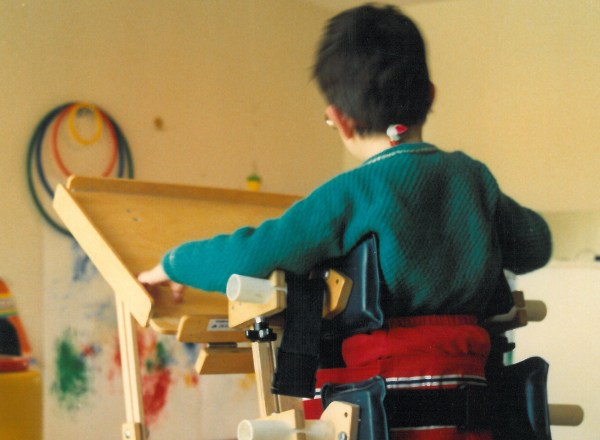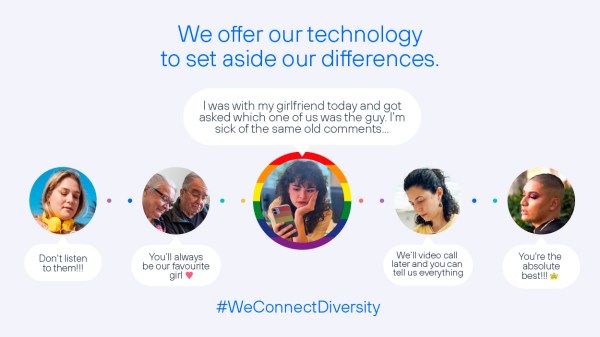ATAM, a social entity linked to Telefónica, today held a new edition of ‘Futuro singular’ in Madrid, just as it celebrates its 50th anniversary of serving and promoting the social integration of people with disabilities.
In front of a capacity of more than 500 people, the meeting focused on the analysis and reflection on the current situation and the future of a sector in which technological advances are modifying the social experience and are having an impact on people’s health, disability and ageing.
Raquel Fernández, president of ATAM and director of People at Telefónica Spain, remarked at the opening of the event “Telefónica’s commitment to people with disabilities several decades before new social uses made us aware of diversity or inclusive environments”. Likewise, she insisted that “scientific and technological innovations provide a great opportunity to significantly improve the quality of life of people and contribute to their development and social integration”.
During the conference, relevant specialists in complexity sciences applied to the understanding of life and health participated, such as Ricard Solé (Pompeu Fabra University and the Complexity Institute of Santafé, New Mexico), who presented a disruptive vision of the future of biomedicine and the scientific advances that lead us to a better understanding of the brain.
Other speakers included Marta Bertolaso, a biologist from the Biomedical Campus in Rome, who highlighted the importance of combining technology with human interaction to produce truly intelligent systems in the care of vulnerable people; and the Dutch psychiatrist Jim van Os, who presented his vision of the approach to mental illness from a perspective that integrates health care with social intervention.
ATAM, 50 years of history
With this event, ATAM commemorates its 50th anniversary. Its trajectory began in 1973, when a group of Telefónica employees sought support to create an organisation to help people with disabilities from families working in the company. Today, half a century later, ATAM is an open organisation that now reaches more than 40 companies, with more than 43,000 participating members, and whose programmes and activities reach more than 10,000 people with disabilities in all Spanish provinces.
In these five decades of service, ATAM has witnessed an accelerated change in the profile of its beneficiaries and their needs, which have little to do with those that were once considered predominant. In recent years we have witnessed a progressive ageing of the population, which is reflected in the fact that the average age of its members has increased by 12 years, in a deterioration of the indicators of mental functioning or in problems of social disconnection such as unwanted loneliness. These years have also brought a change in approaches to care, now directed towards equal rights for people with disabilities, inclusion in the community or the principle of self-direction over their lives.







